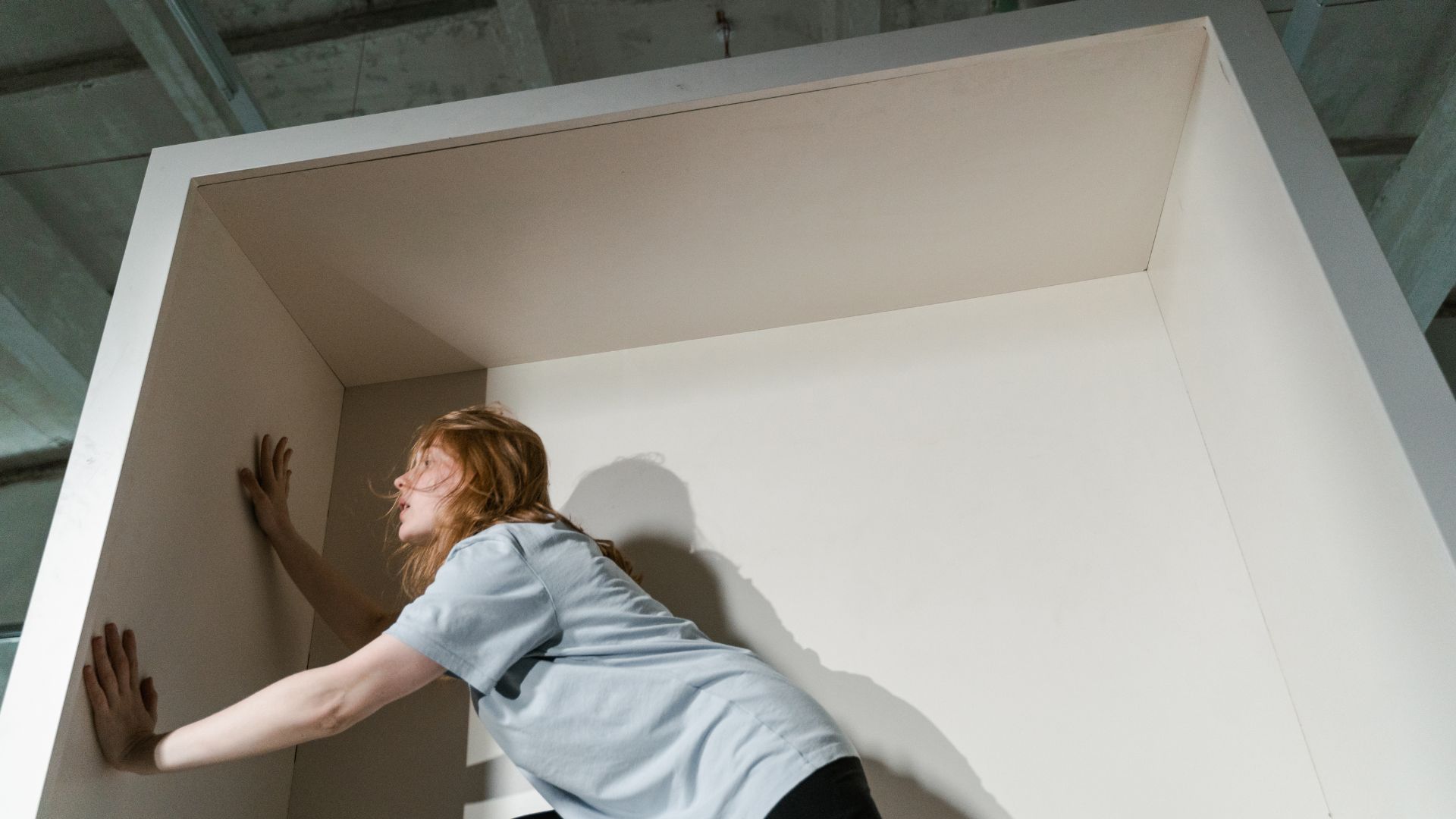Switzerland is the champion of cancer treatment among other countries!
Switzerland has an above-average incidence rate for cancer among the 40 European countries (especially for new cases of skin, breast and prostate cancer), but its cancer mortality rate is lower than that of other countries. This speaks in favor of the high efficiency of cancer treatment in Switzerland
How is the Swiss healthcare system better at treating cancer than other countries?
The methods of cancer treatment in Switzerland are the same as in other countries, because the standards of cancer treatment are the same all over the world. Basically they include surgery, radiotherapy, chemotherapy, immunotherapy or often a combination of all methods.
But in Switzerland these standards are applied more skillfully than in other countries, and the results are better than in Eastern Europe and than in Germany, France and Italy.
Our medical center works only with the best oncologists, surgeons, radiotherapists and specialists in immunotherapy. By the way we would like to talk about immunotherapy in more detail, because it is a relatively new (in comparison with others) method of cancer treatment in Switzerland.
Immunotherapy: Ten global stars of immunotherapy working in French-speaking Switzerland!
The goal of immunotherapy is to help our immune system to fight cancer cells itself. Today this idea seems simple and not new, but nevertheless at one time immunotherapy was a revolutionary technique and is now expanding the arsenal of cancer treatment in Switzerland. Especially for the treatment of cancers such as melanoma, lung cancer and brain and thyroid cancer.
The Lake Geneva area is the home for some of the best specialists in this field.
The beginning of immunotherapy in the context of treatment in Switzerland dates back thirty years ago, in Lausanne. At that time, it was hard to imagine that it could become one of the keys to the fight against cancer.
Immunotherapy offers impressive results and great promise for the future… but not for all patients. What is the reason?
We must accept with humility the complexity of cancer. There is no single cancer, but an infinite number of unique situations. Not to mention the fact that tumors are variable, able to adapt and resist drug attacks. Immunotherapy has the ability to adapt to the constant changes in the tumor against which it is directed. This is perhaps its strongest point.
Until now, immunotherapy research for cancer treatment in Switzerland has mainly focused on T-lymphocytes, which are cells in the immune system that can recognize tumor cells and destroy them. Finding that on their surface there is a kind of brake limiting their neutralizing ability, it was possible to develop a new class of drugs to further activate T-lymphocytes. However, these treatments for cancer in Switzerland do not help all patients. On this basis, scientists have suggested that other immune system cells, called myeloid cells, which are sometimes found in tumors in very large numbers, may regulate the course of the disease as well as affect the effectiveness of treatment.
Dendritic cells, which are currently used in the development of personalized vaccines for cancer treatment in Switzerland, also play an important role in allowing T cells to become active enough to fight cancer cells. On the other hand, certain populations of so-called macrophage cells seem to limit drug efficacy and are associated with a poorer clinical prognosis.
Several clinical trials have been initiated in recent years. One of the cancer therapies under study in Switzerland was based on modified T-lymphocytes, called CAR T-cells. This technique, which aims to convert a patient’s own immune cells into a personalized medicine, has already shown promising results in clinical trials for the treatment of leukemia.
Similarly, a cancer treatment methodology is now being tested in Switzerland related to the development of personalized vaccines against ovarian cancer. Cancer cells are taken from the tumor and dendritic cells from the blood of a sick person. These dendritic cells are then cultured in vitro with the patient’s cancer-specific proteins so that they carry tumor antigens on their surface. Once reintroduced into the patient’s body, these cells allow other immune cells, T-lymphocytes, to better recognize cancer cells and thereby better destroy them.
Scientists are working to develop new cancer therapies in Switzerland aimed at enhancing the generation mechanisms of dendritic cells in tumors, believing that these cells represent a major target in cancer treatment in Switzerland. The research labs also continue to work on mapping immune cells infiltrating tumors to determine their identity and function. The results of these studies have already shown that the types of immune responses that develop in tumors are relatively homogeneous in different patients, which means that future cancer treatment in Switzerland targeting myeloid cells has a good chance of being effective in a large number of patients.








